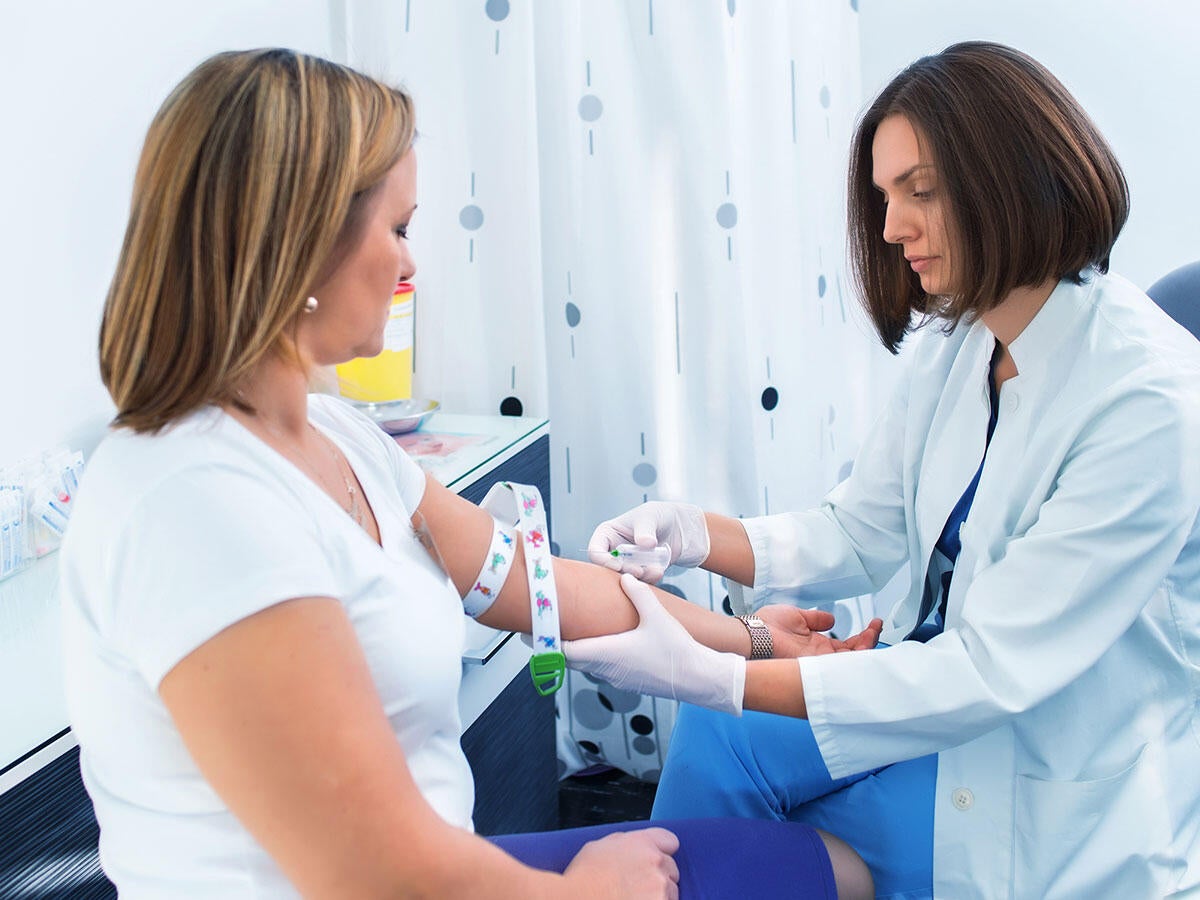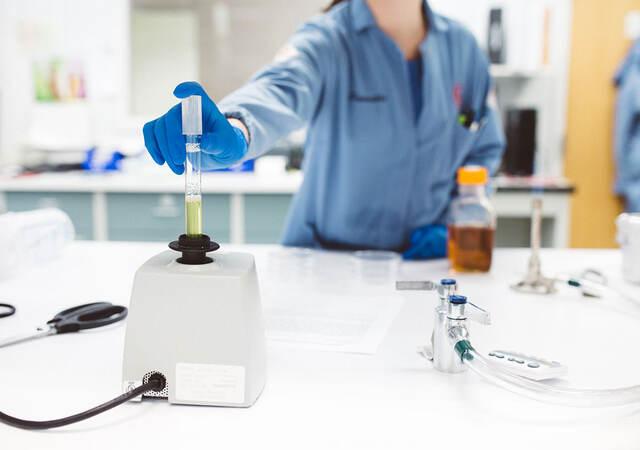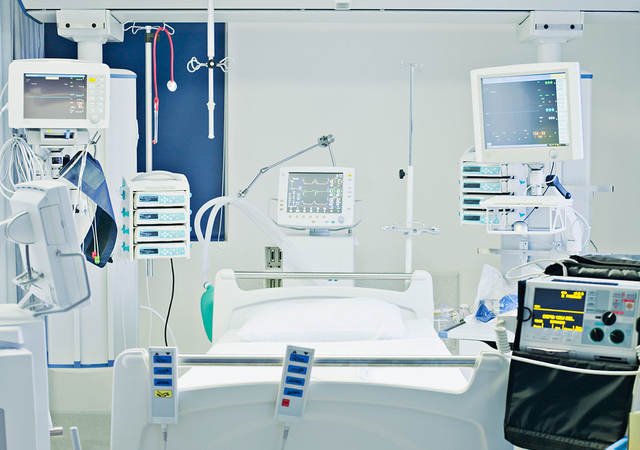Importance of IVDs and companion diagnostics
In-vitro and companion diagnostic testing is critical to helping healthcare professionals identify therapies and monitor treatment response in patients. In-vitro Diagnostic (IVD) tests are used to determine quantitative or qualitative chemical (reagent) reactions to extracted or swabbed serum, plasma or blood samples and often fall under high-risk medical device classifications. Therapeutic drug monitoring is commonly used to continually monitor a patient’s treatment progress through frequent comparative diagnostic testing. Companion diagnostic tests are associated with particular pharmaceuticals,and help physicians confirm patient treatment eligibility. Companion diagnostics may also incorporate the use of software with artificial intelligence and machine learning capabilities to personalize medicine/care via predictive modeling based on prior sample reactions.
Historically, traditional IVD tests were administered in laboratories and other healthcare provider settings. Today, caregivers and public safety professionals may need to conduct COVID-19 and infectious disease screening remotely at airports, offices and other large-crowd facilities. The screeners need to collect proper swabs or samples swiftly and accurately to run rapid IVD tests, which makes clear instructions for use (IFU) and intuitive rapid or POC diagnostic product design more crucial than ever. Good usability can reduce the risks of errors of interpretation, essential for avoiding false results.
Testing and certification for IVD manufacturers
UL Solutions offers the following services to IVD manufacturers:
- CE marking certification (via our Notified Body partner, PCBC)
- Quality management system (QMS) auditing (ISO, MDSAP)
- Batch verification
- Sterilization
- Biocompatibility testing
- Safety testing and certification
- Custom and functional electrical, fire and mechanical safety testing
- Refrigeration testing for related laboratory equipment
- Electromagnetic compatibility testing
- Usability testing
In addition to new devices, our team of tenured biomedical engineers and experts are able to support refurbishment of IVD immunoassay analyzers and sample dispensers. Our field service engineers can help with Quality Management System (QMS) compliance for contract manufacturers of IVD reagents, antibodies and test kits. Per quality requirements, we are also able to provide certification services to IVD manufacturers who do installation and preventative maintenance of IVD analyzer systems and software as well as resale transaction conformity and supply chain traceability.
We support these IVD NBOG codes for CE certification with our Notified Body partner, PCBC
- IVD 0101-AB-System
- IVD 0102 -Rhesus (C,c,D,E,e)
- IVD 0103 -Anti-Kell
- IVD 0201-HIV 1 and 2
- IVD 0202 -HTLV I and II
- IVD 0203 -Hepatitis B, C, D
- IVD 0302-Irregular anti-erythrocytic antibodies
- IVD 0303 -Congenital infections, rubella, toxoplasmosis
- IVD 0305 -Human infections: cytomegalovirus, chlamydia
- IVD 0307 -Tumoral marker: PSA
- IVD 0308 -Risk or trisomy 21 (incl software)
- IVD 0309 -Device for self-diagnosis for the measurement of blood sugar
- IVD 0401 -Clinical chemistry
- IVD 0405-Pregnancy and ovulation
Partnering with UL Solutions for IVD and companion diagnostics
UL Solutions can assist in the documented safety precautions for Point of Care (POC) and rapid tests required by global regulatory entities for a variety of disease states including cancer, hepatitis/retrovirus, diabetes, and infectious diseases in addition to routine health screenings. We also work with clinical IVD kits and their corresponding high volume/throughput analyzers, instruments, and track systems which inherently pose several electrical, cybersecurity, and interoperability risks—none more acute than biologics in blood bank/transfusion environments used to screen blood donor units for transmissible diseases.
Related standards
UL 61010-1, IEC 61010-1
UL 61010-2-101, IEC 61010-2-101
ISO 13485
ISO 14971
ISO 62304
Get connected with our sales team
Thanks for your interest in our products and services. Let's collect some information so we can connect you with the right person.






